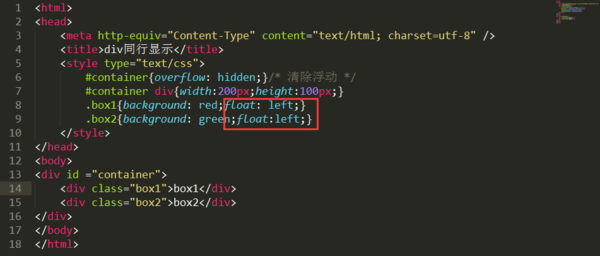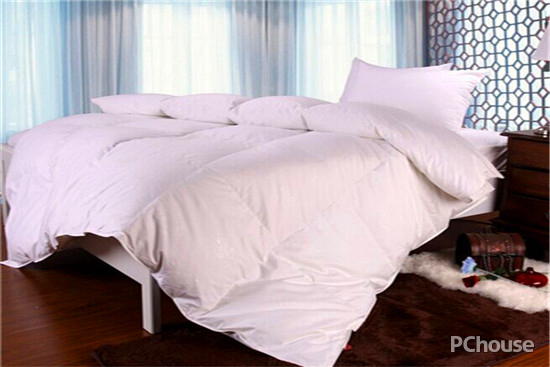Title: Do Curtains Block Sound?
Curtains are often used to block light and provide privacy, but they can also help reduce noise. The thickness of the curtains and the material they are made from will affect their ability to absorb sound waves. Some curtains are designed with a heavier and more dense material to provide more soundproofing. However, even the best curtains cannot completely block out all sounds. They can reduce the volume of noise and muffle it, but if the noise level is high enough, they may not be able to provide enough protection. Additionally, curtains are not generally designed to provide soundproofing in the same way as other materials or construction techniques. They are more of a decorative item that provides a barrier to light and privacy, rather than specifically designed to block sound.
When it comes to reducing noise in the home, many people overlook the role of curtains. However, curtains can play a significant role in blocking sound, providing a layer of protection from noisy neighbors or street noises. In this article, we will explore the soundproofing capabilities of curtains and how they can help you achieve a more peaceful and relaxing home environment.
Firstly, it is important to understand that the soundproofing effect of curtains depends on their quality and design. Thick, heavy-duty curtains made from dense materials like velvet or denim are more effective at blocking sound than thinner, lighter curtains made from lighter materials like cotton or lace. The reason for this is that dense materials absorb and dissipate sound waves more effectively than lighter materials.

Secondly, the way in which you install your curtains can also affect their soundproofing ability. For example, if you install your curtains too tightly against the window, they may actually act as a bridge for sound waves to travel through, reducing their effectiveness as a sound barrier. On the other hand, if you install them loosely enough so that there is some space between the window and the curtain, this can help to further absorb and dissipate sound waves.
Thirdly, while curtains can effectively block some sounds, they may not be able to completely eliminate all noise from your home. This is because some sounds, like low-frequency noises or those that are particularly loud and aggressive, may penetrate through even the most effective curtains. In these cases, you may need to consider additional soundproofing measures, such as installing double glazing or using soundproofing panels in order to further reduce noise levels in your home.
Fourthly, let’s talk about the cost-effectiveness of using curtains as a soundproofing solution. While high-quality, dense curtains may cost more upfront than lighter, less effective curtains, they will ultimately save you money in the long run by reducing your need for additional soundproofing measures. Additionally, curtains are generally easy to install and maintain, making them a cost-effective and practical choice for reducing noise in the home.

In conclusion, curtains can play a significant role in reducing noise levels in the home, providing a layer of protection from noisy neighbors or street noises. However, their effectiveness depends on their quality and design as well as how they are installed. While curtains may not be able to completely eliminate all noise from your home, they can help to reduce noise levels enough to create a more peaceful and relaxing environment for you and your family.
Articles related to the knowledge points of this article:
Title: Mastering the Art of Tying a Tie: A Step-by-Step Guide
Title: Untying the Knots of a Zipper-Strap Tie: A Comprehensive Guide
Title: Elegant and Practical Way to Tie a Long Thin Scarf (Long Length薄丝巾绑法)
Title: A Comprehensive Guide to Italian Silk Scarves Brands
Feather and Down Recycling: A Sustainable Solution for the Fashion Industry



